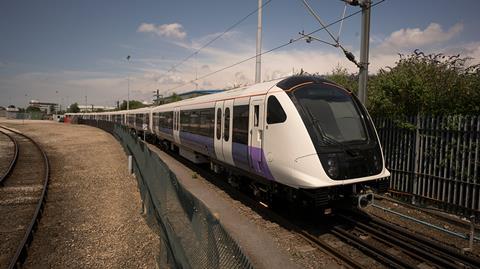Jacobs also raises concerns about cost and programme management
Crossrail’s management has come under fire for failing to come up with a speedy plan on how to recover from the covid-19 pandemic.
Construction sites on the £18bn were brought to a stop on 24 March as a result of the lockdown imposed by the prime minister because of the coronavirus crisis.

Now a report from Jacobs, which has been drafted in by project sponsors, the Department for Transport and Transport for London, has criticised those running the scheme for their lack of urgency in planning over how to complete the project.
The report, which covers the period from 5 April to 2 May, said: “It is Crossrail’s intention to develop the strategy framework to a level of detail sufficient for presentation at the May 2020 board meeting, with the details finalised including the schedule and the commercial strategy, for approval at the June 2020 board meeting.
“This timetable seems to lack a sense of urgency, given that ‘disaster recovery’ might be expected to be carried out expediently and decisively. There is a risk that, by the time the end of June 2020 is reached, any advantage/opportunity may be lost.”
In its response to the report, Crossrail said: “[Our] approach is deemed one of pragmatism and urgency, with opportunities capitalised on as the silver teams [the teams charged with leading the recovery] developed their workstreams.
“Crossrail would of course welcome views on specific areas regarding its response from the project representative.”
The report was again damning about the project’s schedule and cost management.
It said: “Crossrail has failed to achieve a programme that has achievable milestones and dependable forecast dates but built around overly optimistic production rates and schedule durations.
“The cost-to-go has been determined using programme schedule as a driver, as opposed to budget driving both scope and schedule. Therefore, as the programme duration increases, so the cost to complete increases.”
In response Crossrail said it acknowledged the programme had faced challenges with productivity and resolving complexity, especially regarding the shafts and portals, and that interventions were required.
It said: “However, the project representative’s comment risks premature conclusion on the delivery of the programme in an environment not faced with covid-19.”
Crossrail also said it risked generalising performance and not highlighting successful delivery on the programme such as software integration and dynamic testing.




























No comments yet